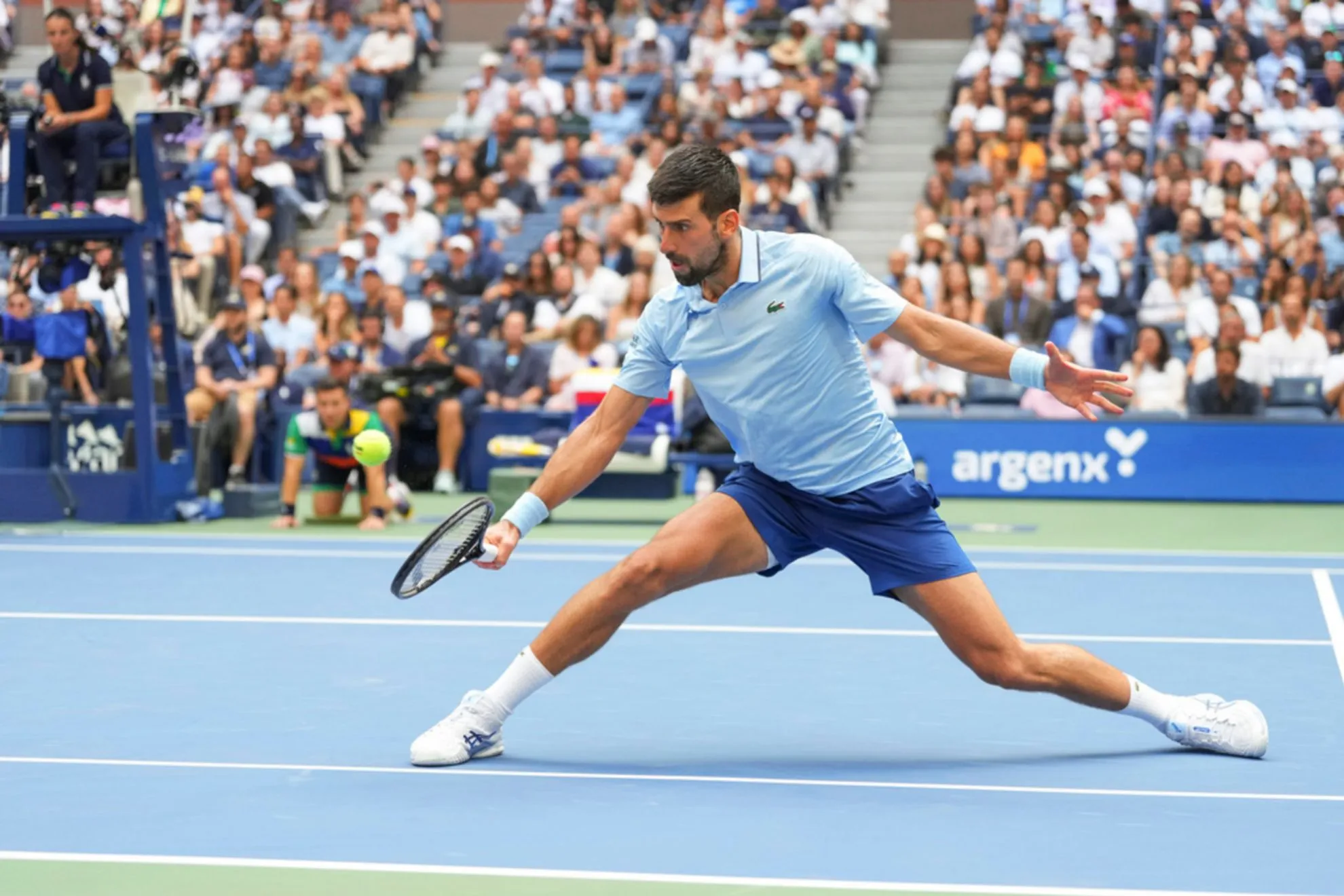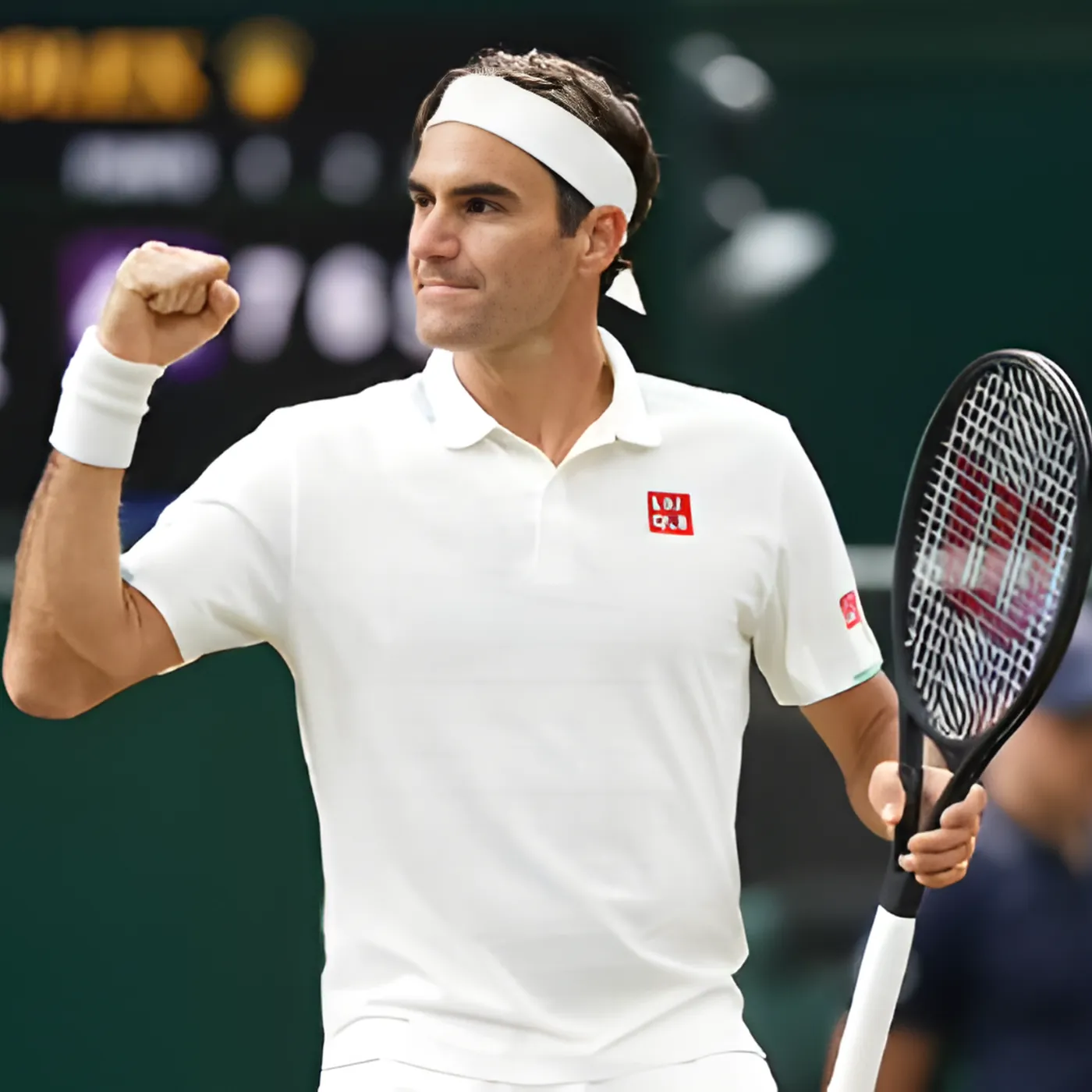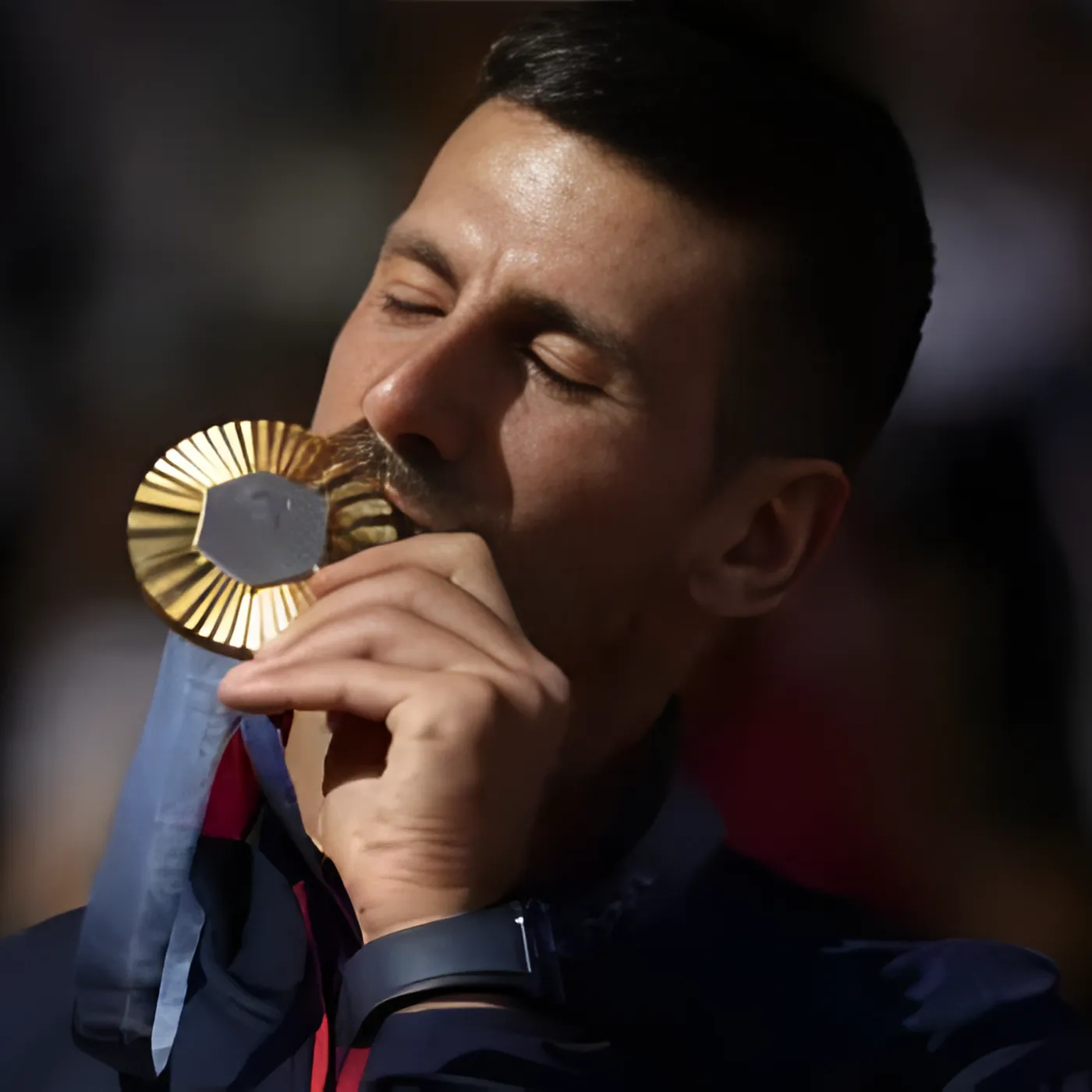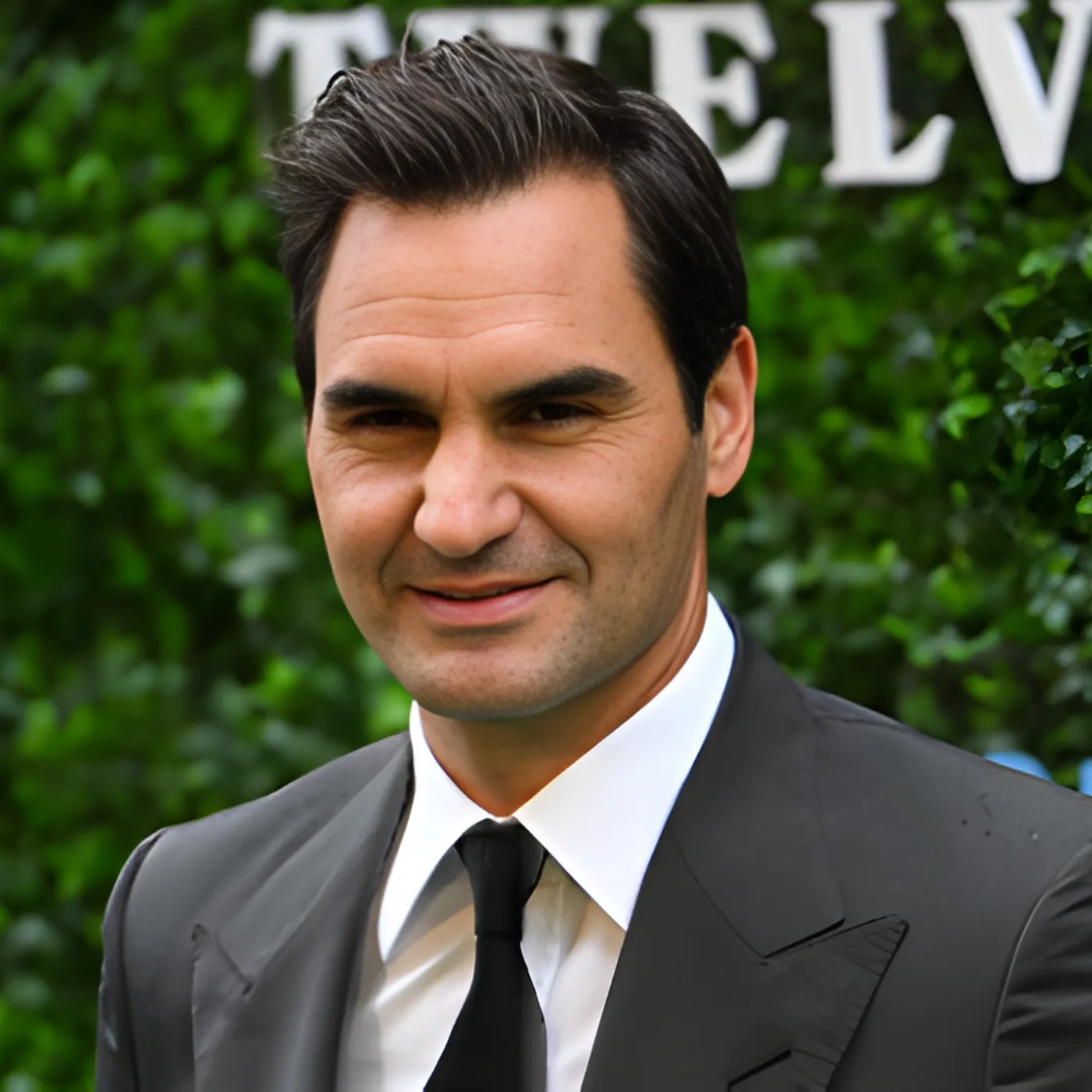

Boris Becker Sparks Doubt Over Novak Djokovic Future After Visible Signs of Physical Decline
When Boris Becker, one of the most iconic names in tennis history and former coach of Novak Djokovic, recently raised concerns about the Serbian legend’s long-term career, the tennis world took notice. Becker’s commentary has reignited discussions about the future of Djokovic, particularly after visible signs of physical decline in recent tournaments. For a player who has dominated the sport for nearly two decades, questions surrounding his fitness, longevity, and ability to remain at the pinnacle of the game are now more relevant than ever.

The Weight of Boris Becker’s Words
Becker is not just another commentator offering an outside perspective. As a six-time Grand Slam champion and someone who coached Djokovic between 2014 and 2016, his words carry unique credibility. During that coaching stint, Djokovic produced some of the most dominant tennis of his career, winning six majors and cementing his place as one of the all-time greats. Becker witnessed firsthand Djokovic’s incredible work ethic, mental toughness, and physical durability. Therefore, when Becker suggests that the Serbian star is beginning to show cracks, fans and analysts alike take it seriously.
In a recent interview, Becker hinted that Djokovic’s body language, movement, and energy levels have changed, noting that the 37-year-old is no longer the unstoppable force he once was. While Djokovic remains a master tactician, Becker questioned whether the physical intensity required to stay on top of younger rivals can be sustained for much longer. These concerns echo a sentiment gradually forming within the tennis community: that time, once seemingly powerless against Djokovic, might finally be catching up.
The Reality of Age in Professional Tennis
Athletes in every sport must confront the inevitable passage of time, and in tennis, physical decline is often decisive. The demands of the modern game—long rallies, explosive baseline exchanges, and relentless physical exertion—place enormous strain on the body. For more than 15 years, Djokovic’s game has thrived on stamina, flexibility, and supreme movement. His sliding defensive style, ability to recover balls that seemed unreachable, and rapid transitions from defense to offense have been unmatched.
But now, subtle differences are appearing. Observers have noticed that Djokovic occasionally struggles to recover between grueling points, that his legs do not carry him with the same lightning quickness, and that his resilience in marathon matches has diminished. For younger stars like Carlos Alcaraz, Jannik Sinner, and Holger Rune, this presents an opportunity. They are not only younger but also physically fresher, capable of pushing Djokovic into extended battles where even the smallest dip in endurance can become decisive.
Comparing Djokovic with Other Legends
The comparison with other tennis legends is inevitable. Roger Federer began to visibly decline around the age of 36, with injuries and slower recovery times hindering his ability to compete consistently at the highest level. Rafael Nadal, despite his unmatched fighting spirit, has also been plagued by injuries in his mid-30s, forcing him to reduce his schedule dramatically. Djokovic, for many years, appeared immune to this pattern. His diet, fitness regime, and discipline were often cited as reasons he could defy time longer than his rivals.
Yet Becker’s remarks suggest that even Djokovic cannot escape biology. His body has endured thousands of hours of high-intensity tennis, and while his mind remains as sharp as ever, physical decline might eventually dictate his results. Unlike Federer or Nadal, whose styles evolved to reduce physical strain, Djokovic’s game is heavily dependent on movement and endurance, making age an even greater challenge.
The Mental Factor Amid Physical Decline
One area where Djokovic continues to excel is the mental aspect of the game. No player in history has displayed such resilience under pressure, consistently winning critical points in the biggest moments. His ability to rise in Grand Slam matches, even when trailing, is legendary. Becker himself acknowledged that Djokovic’s mental toughness remains his greatest weapon.
However, the question is whether mental strength alone can compensate for physical limitations. In a sport where split seconds and inches make all the difference, even minor reductions in speed and agility can change outcomes. Djokovic’s strategy of outlasting opponents in extended rallies may no longer be sustainable if his body cannot recover as effectively. Becker’s concern lies precisely in this balance: how long can Djokovic’s mind carry him when his body begins to falter?
Recent Performances and Alarming Signs
Djokovic’s results in the past season have been a mixture of brilliance and vulnerability. On one hand, he continues to reach the late stages of major tournaments, proving he is still among the elite. On the other, his performances have occasionally revealed signs of fatigue and discomfort. Matches that once seemed routine victories now stretch into physical battles, with Djokovic sometimes appearing winded or slower in recovery.
Becker pointed to these performances as indicators of visible signs of decline. While Djokovic’s competitive spirit remains intact, the fine margins at the highest level mean that even the slightest reduction in sharpness can tilt the balance in favor of his younger rivals. Fans, accustomed to watching him dominate with ease, now find themselves holding their breath when he enters long matches against players a decade younger.
The Pressure of History and Legacy
Djokovic’s motivation has always extended beyond winning individual tournaments. His pursuit of history—becoming the player with the most Grand Slam titles and cementing his legacy as the greatest of all time—has fueled his relentless drive. He already holds the record for most majors won, yet the hunger for more has not diminished. But as Becker suggested, the pressure of maintaining such high standards at an advanced age may prove unsustainable.
Every defeat, every struggle on court, now carries greater weight because it is measured against his extraordinary past. For Djokovic, this means not only facing physical decline but also managing the expectations of millions of fans and critics. The psychological toll of carrying such a burden, combined with the challenges of aging, adds another layer to his battle for longevity.
Becker’s Unique Perspective
What makes Becker’s comments particularly impactful is his understanding of Djokovic’s meticulous approach to fitness and preparation. During their coaching partnership, Becker observed the countless hours Djokovic dedicated to stretching, yoga, diet, and recovery techniques designed to extend his career. Becker has praised Djokovic’s professionalism repeatedly, but his latest comments reveal a shift in tone. He seems to suggest that despite all the Serbian’s efforts, time is now an adversary he may not be able to defeat indefinitely.
Becker also emphasized the importance of adjusting playing style and scheduling to prolong a career. This is advice he once gave Djokovic directly, and it is advice that Federer successfully implemented by reducing his schedule in later years. Whether Djokovic can adapt his game to rely less on physical endurance and more on tactical efficiency will be a key factor in determining his future success.
The Future of Men’s Tennis Without Djokovic
Another aspect of this discussion is what Djokovic’s decline means for men’s tennis as a whole. For nearly two decades, the sport has been defined by the Big Three: Federer, Nadal, and Djokovic. With Federer retired and Nadal nearing the end of his career, Djokovic has been the last remaining figure of this golden era still competing at the highest level. His eventual departure, whether gradual or sudden, will signal the end of an extraordinary chapter in tennis history.
The rise of younger stars like Alcaraz and Sinner suggests the sport is in good hands, but none yet carry the aura of inevitability that Djokovic has embodied. His decline will not only alter the competitive landscape but also change the way fans experience tennis, as they adjust to a new generation of champions without the familiar presence of their long-time hero.
A Career Worth Celebrating, Regardless of the Future
Even as concerns grow about his physical state, Djokovic’s legacy remains untouchable. He has redefined the standards of athleticism, professionalism, and mental fortitude in tennis. The fact that, at 37, he is still a central figure in the sport is itself a testament to his greatness. While Becker’s doubts highlight the reality that no athlete can escape decline, they also underscore the extraordinary nature of Djokovic’s sustained excellence.
For fans, perhaps the most important takeaway is to appreciate every remaining match Djokovic plays. Whether he continues to win Grand Slams or gradually transitions into a different role in tennis, his career is already secured as one of the greatest stories in sporting history.

Conclusion: Becker’s Warning as a Reality Check
When Boris Becker sparks doubt over Novak Djokovic’s future, it is not an act of criticism but rather a sobering reminder of the realities of sport and aging. Becker has seen Djokovic at his peak and now recognizes the signs of wear that come with time. While Djokovic may continue to achieve remarkable feats in the short term, Becker’s words encourage fans and analysts to prepare for a future where the Serbian legend is no longer the dominant force he once was.
Still, one truth remains: Djokovic has defied expectations countless times before. If anyone can find a way to extend his reign against the odds, it is him. Becker’s concerns may prove accurate, or they may serve as fuel for another Djokovic resurgence. Either way, the story of Novak Djokovic’s career is far from over, even as the first clear signs of decline appear.


















